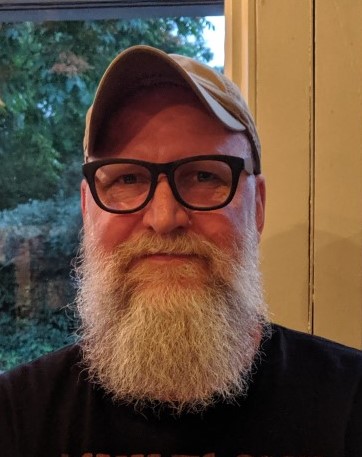Point Park Launches New Ph.D. in Critical Psychology Thursday, June 10, 2021

"The program is designed for students who are interested in working at the intersection of psychology and social justice to produce positive change within communities, institutions and the field of psychology itself."
Point Park University's Department of Psychology is now accepting applications for its new Ph.D. in Critical Psychology, one of the first degrees of its kind in North America.
"We created this program as a response to a growing need for psychologists to be informed about the effects of systemic oppression, as well as for psychology to evaluate its own contributions to theories and practices that reinforce oppressive ideologies and practices," said Bethany Morris, Ph.D., assistant professor of psychology.
In the Q&A below, learn more about the program from Morris and Robert McInerney, Ph.D., professor of psychology.
What is the mission of the Ph.D. in Critical Psychology?

Bethany Morris, Ph.D.
Morris: The mission of the program is to cultivate in students a rigorous blend of critical theory with practical interventions in the systems of oppression, especially within the field of psychology. Faculty and students work to conduct research and implement programs that challenge the status quo, as well as interrogate those theories and practices in psychology that have sought to maintain it.
McInerney: We wish to move beyond essentialized, universalized and polarized ideologies of any kind— to feel, think and act more generously. Terms such as human, identity, subjectivity and self have always had value-laden assumptions underpinning them. Historically, not everyone qualified as human or has had identities accepted and affirmed by our society. One of our goals is to critically examine these assumptions in order to recognize and empower new freedoms of thought, lifestyle and choice.

Robert McInerney, Ph.D.
How will it make students career-ready?
Morris: The program is designed for students who are interested in working at the intersection of psychology and social justice to produce positive change within communities, institutions and the field of psychology itself.
Our research spans across disciplinary boundaries and frameworks in order to consider the many manifestations of the human subject in the contemporary context, drawing on the scholarship of feminist, critical race, Marxist, psychoanalytic, humanistic, phenomenological, hermeneutic and post-structural orientations.
This program will allow students to enter a number of different fields including non-profit organizations, academia, mental health outreach and others with a sociopolitical orientation and commitment to social justice.
What most excites you about offering this program?
Morris: The most exciting thing about this program to me is that it will attract diverse-thinking students to an already unique department. I am excited to learn with and from students that bring their unique world view and desire to invest in their communities.
McInerney: I am excited about the prospect of working with ethical and passionate students on grassroots community projects that are grounded in peoples’ lived experiences, projects that co-create healthful changes in peoples’ lives and are sustainable within communities.
For more information, visit the degree page. Apply online now.
More About: doctoral programs, School of Arts and Sciences, psychology, faculty

